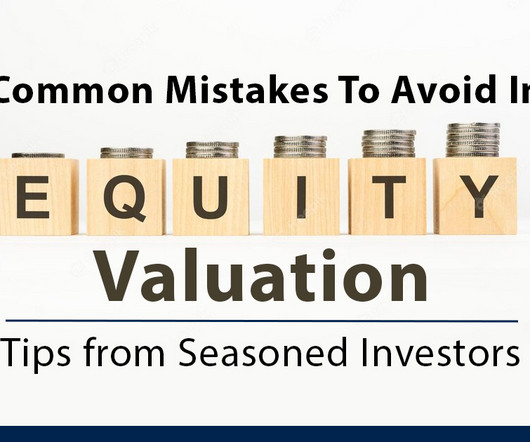Understanding an ESOP Valuation: A Comprehensive Guide
Equilest
DECEMBER 19, 2023
The process involves a thorough examination of various factors, including the company's financial health, market conditions, and growth prospects. The primary objective is to determine the fair market value of the company's shares, ensuring equitable distribution among employees participating in the ESOP.




















Let's personalize your content